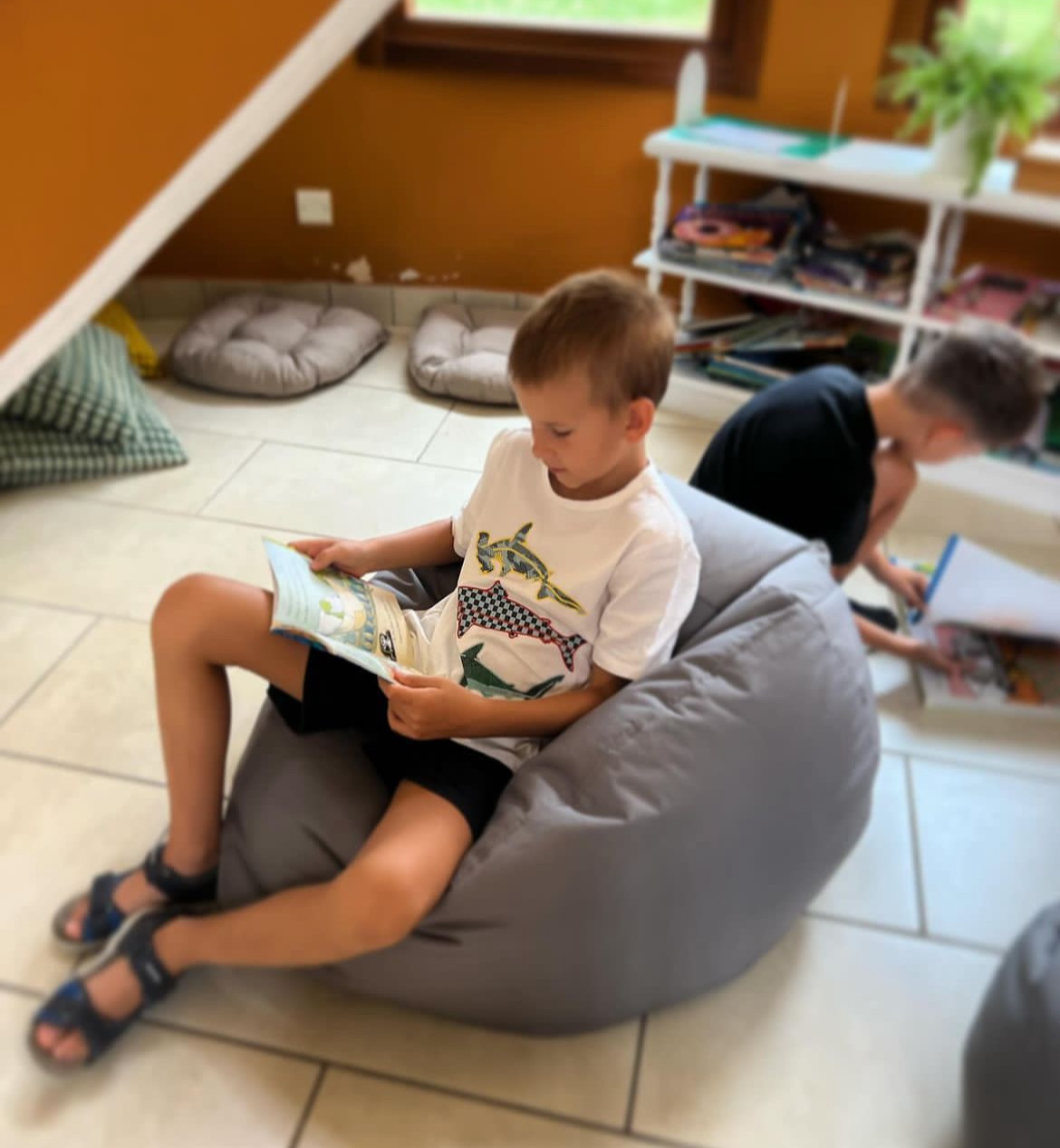FAQ
Our philosophy



FAQ
In a Montessori school, a child’s efforts and work is appreciated through continuous observation and record-keeping. The Montessori teacher supports students by guiding them and enabling them to learn critically in order to grow. As such, there are no exams or tests in our school.
The Montessori method highlights sensorial learning; all five senses are utilised, not just listening, watching or reading. What is more, students of Montessori schools are taught at their own pace and according to their own choice of activities, which are given by their teacher. Unlike traditional classrooms, students at Montessori schools are not required to sit down in a chair and listen to a teacher talk to them for hours. Rather, they are usually engaged in individual or group activities that they choose. In this regard, learning becomes an exciting process of discovery that students love to explore.
The Montessori teacher allows students to work at their own pace, is always close by observing each child and provides further guidance. Moreover, the Montessori teacher besides observing each child diligently, provides materials and activities that aim to further develop the students’ own set of skills. Each individual child is challenged according to their own skills and competencies. In this way, students are protected in the sense that they do not progress too quickly and before they are ready. This ensures that children do not fall behind.
Dr Maria Montessori observed that children are more motivated and engaged in their learning when working on something of their own choosing, and at their own pace. Hence, students at Montessori schools have the opportunity to choose the content of the activities that they will work on but their decision is limited by the materials and activities — in each area of the curriculum — that their teacher has prepared and presented to them.
Montessori is designed to help all children irrespectively. The Montessorian aim is to help children reach their fullest potential at their own unique pace. Thus, a classroom where children have varying abilities, is a community in which everyone can learn from one another and help each other thrive.
Research studies demonstrate that Montessori graduates are well prepared academically, socially and emotionally. In addition to scoring well on standardised tests, Montessori graduates are ranked above average on the following: handing in work on time, listening attentively, using basic skills, showing responsibility, asking provocative questions, showing enthusiasm for learning and adapting to new situations.
